Are there citrus that does well on its own roots?
thisisme
14 years ago
Related Stories
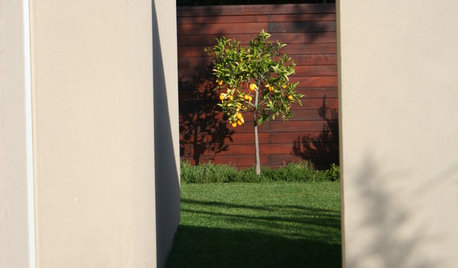
GARDENING AND LANDSCAPINGCitrus 101: Start Your Own Backyard Orchard
This Earth Day Weekend, Add Some Green, Style and Deliciousness to Your Landscape
Full Story
GARDENING GUIDESHow to Keep Your Citrus Trees Well Fed and Healthy
Ripe for some citrus fertilizer know-how? This mini guide will help your lemon, orange and grapefruit trees flourish
Full Story
ARCHITECTURERoots of Style: Does Your House Have a Medieval Heritage?
Look to the Middle Ages to find where your home's steeply pitched roof, gables and more began
Full Story
HOUZZ TOURSMy Houzz: A Texas Home Dances to Its Own Beat
A couple’s Lone Star roots on one side and Norwegian dancing heritage on the other bring eclectic flair to a North Dallas pad
Full Story
INSIDE HOUZZHow Much Does a Remodel Cost, and How Long Does It Take?
The 2016 Houzz & Home survey asked 120,000 Houzzers about their renovation projects. Here’s what they said
Full Story
ARCHITECTURERoots of Style: Where Did Your House Get Its Look?
Explore the role of architectural fashions in current designs through 5 home styles that bridge past and present
Full Story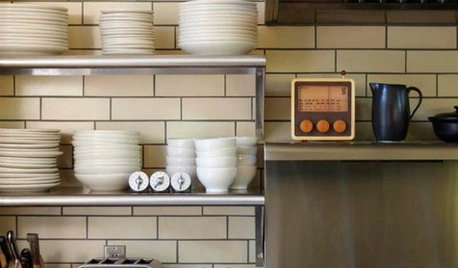
KITCHEN DESIGNCreate Your Own Checklist for a Well-Stocked Kitchen
Personalize the kitchen with your own must-haves from our list of top cooking tools, small appliances, pots, pans and more
Full Story
MODERN HOMESHouzz Tour: A Modern Home Rooted in Its Place
It's partially buried in the earth, but with a cantilevered roof and strong colors, this Ottawa home is anything but shy
Full Story
ARCHITECTURERoots of Style: Shingle Style Is Back — Here's How to Spot It
Intimate or rambling, in the coast or by the sea, Shingle homes are seeing a revival. Has your home joined in?
Full Story
HOUZZ TOURSMy Houzz: A Northwest Home Honors Its Midcentury Roots
A couple embrace Scandinavian modern to preserve the integrity of their home, built by midcentury architect Kenneth Brooks
Full Story





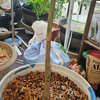
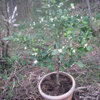
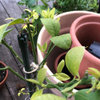
meyermike_1micha
thisismeOriginal Author
Related Professionals
Surprise Landscape Architects & Landscape Designers · Kyle Landscape Architects & Landscape Designers · Signal Hill Landscape Architects & Landscape Designers · Concord Landscape Contractors · Brownsville Landscape Contractors · Cockeysville Landscape Contractors · Dedham Landscape Contractors · East Hanover Landscape Contractors · Fort Payne Landscape Contractors · North Ridgeville Landscape Contractors · Ridgewood Landscape Contractors · Markham Landscape Contractors · Bensenville Landscape Contractors · Laguna Beach Stone, Pavers & Concrete · Norco Stone, Pavers & Concretemeyermike_1micha
wilmington_islander
malcolm_manners
meyermike_1micha
wilmington_islander
malcolm_manners
john_bonzo
thisismeOriginal Author
john_bonzo
thisismeOriginal Author
nullzero
mmeverett
cebury